When it comes to driving under the influence (DUI) laws in California, personal definitions of “buzzed” driving can vary, depending on the individual. Recreational marijuana use became legal for adults over age 21 recently, but there’s still a grey area on how police will identify and test drivers for suspected marijuana use violations. The American Journal of Public Health studied motor vehicle crashes in the states of Washington and Colorado, both before and after these states legalized marijuana. Released in July 2017, based on the study’s results, researchers discovered that changes in fatality and crash rates were not “significantly different” from states that did not alter their marijuana laws based on similar traffic, roadway and population characteristics. Opponents of legal cannabis have argued that passing those laws will lead to more traffic accidents and fatalities. Reports from the Centers for Disease Control and Prevention (CDC) indicate that marijuana use may…
Read More »
Let Us Review Your Case
Recent Post
- How Evidence Collection Strengthens Your Wrongful Death Claim After a Public Transportation Accident
- What San Diego Families Need to Know When Unsafe Property Conditions cause a Serious Injury
- When to File a Wrongful Death Claim Following a Fatal Bus or Bicycle Accident
- Why Expert Witness Testimony Is Vital in Traumatic Brain Injury Claims
- How to Gather Evidence After a Truck Accident to Strengthen Your Case
Categories
- +Accidents By Location (49)
- Chula Vista (7)
- Poway (2)
- Rancho Bernardo (1)
- San Diego (34)
- Scripps Ranch (1)
- Aviation Accidents (1)
- Bus Accidents (7)
- +Car Accidents (86)
- Hit-and-Run (2)
- Cycling Accidents (93)
- Dog Bites (36)
- Electric Scooter Accidents (1)
- General (52)
- Health Tips (2)
- Maritime Law and Accidents (19)
- Motorcycle Accidents (6)
- Personal Injury Accidents (346)
- Pharmaceutical Litigation (1)
- Premises Liability (1)
- Products Liability (1)
- Spinal Cord Injuries (1)
- Traumatic Brain Injuries (1)
- Truck Accidents (1)
- Wrongful Death (2)

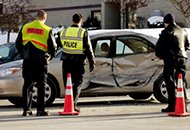

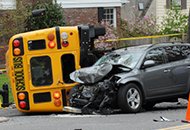


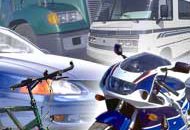
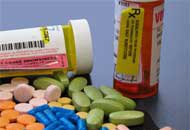


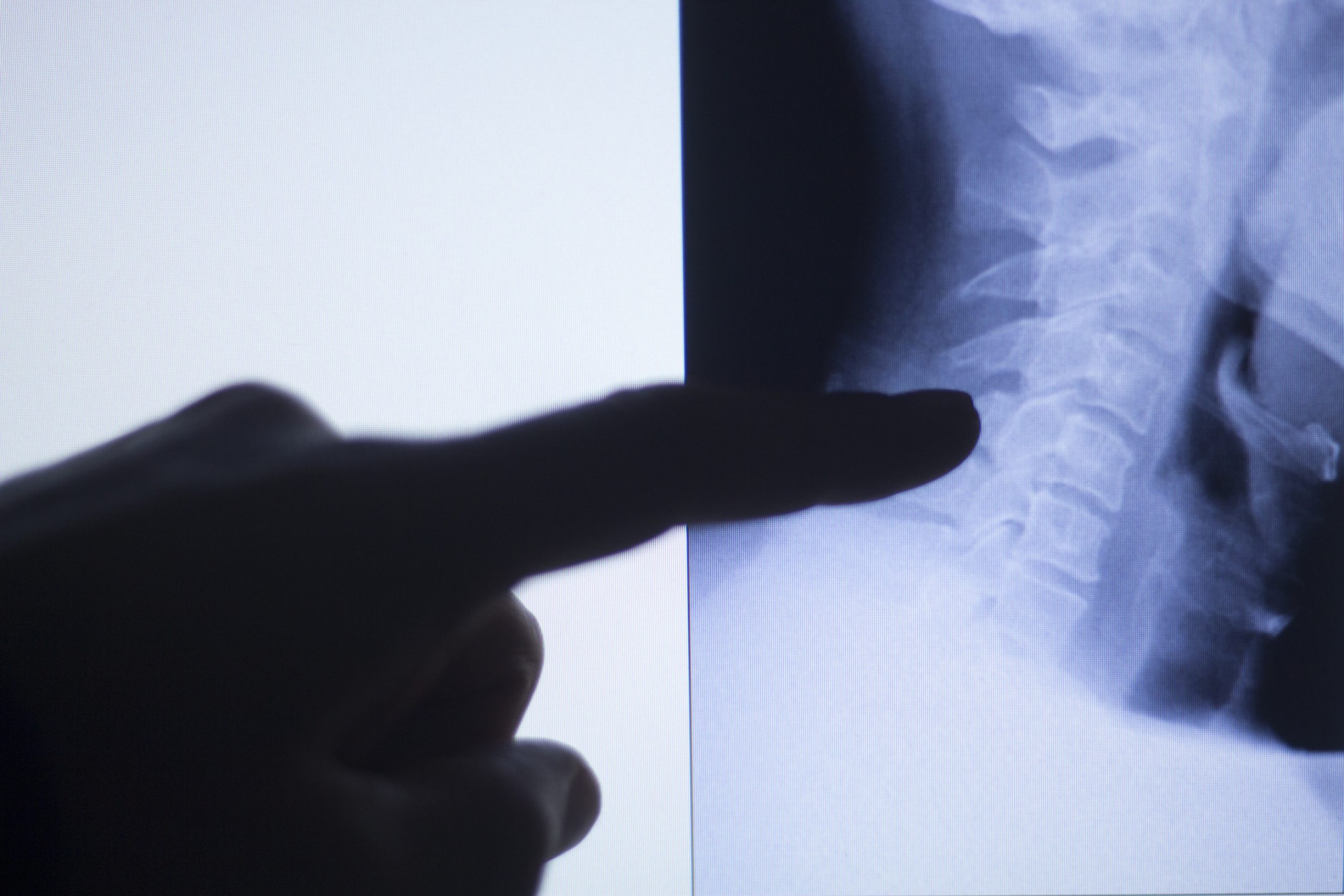

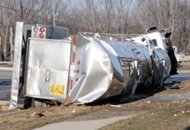









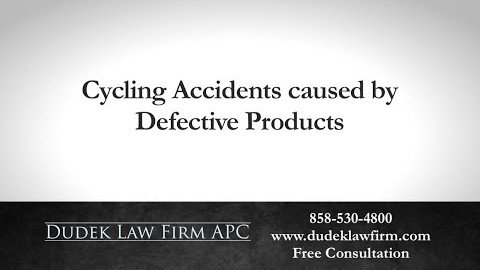


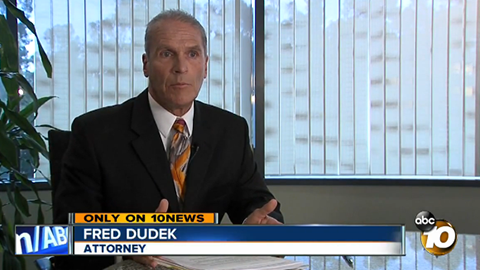
 1620 5th Avenue
1620 5th Avenue 1620 5th Avenue
1620 5th Avenue